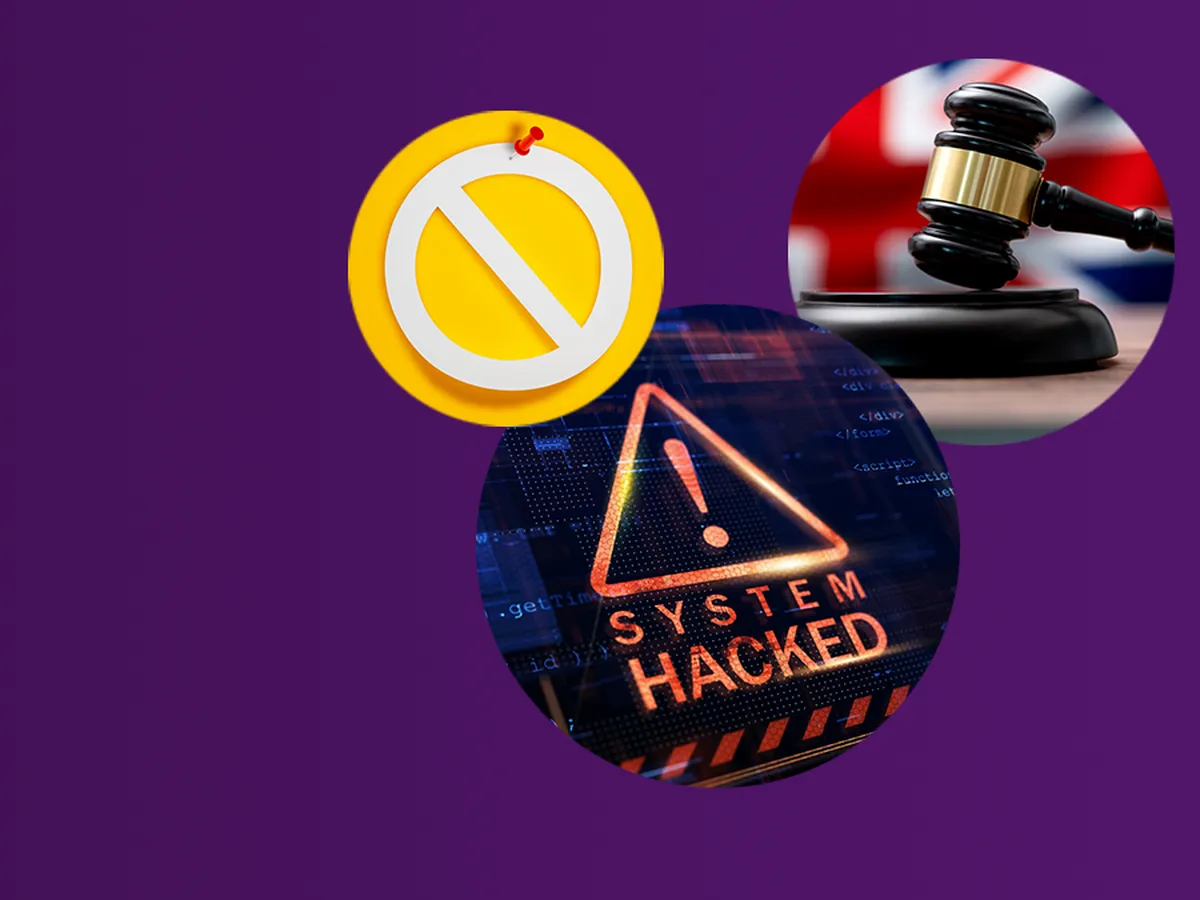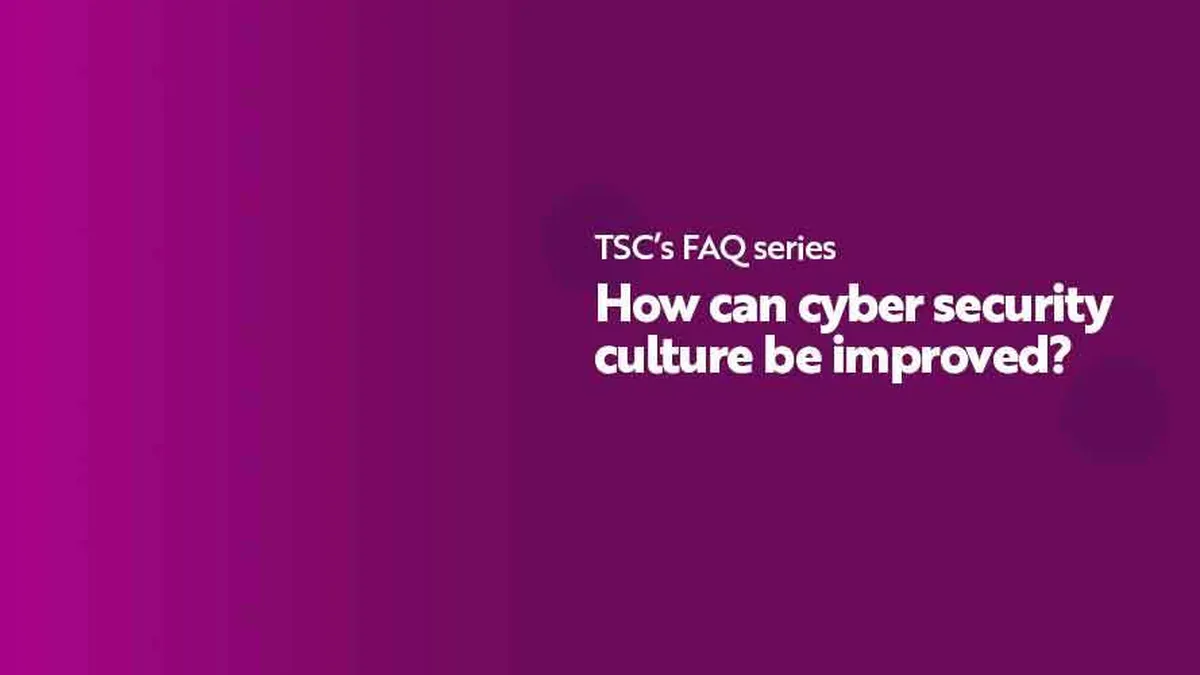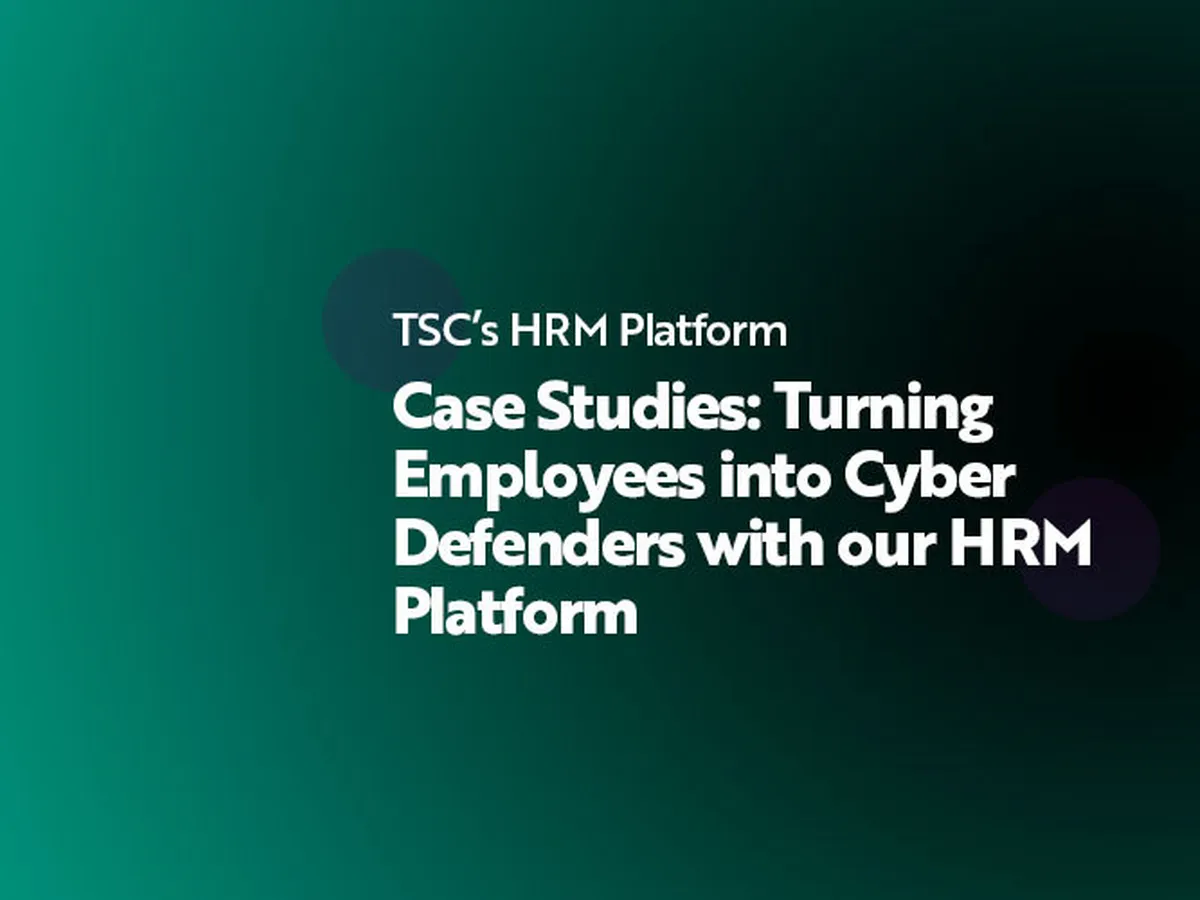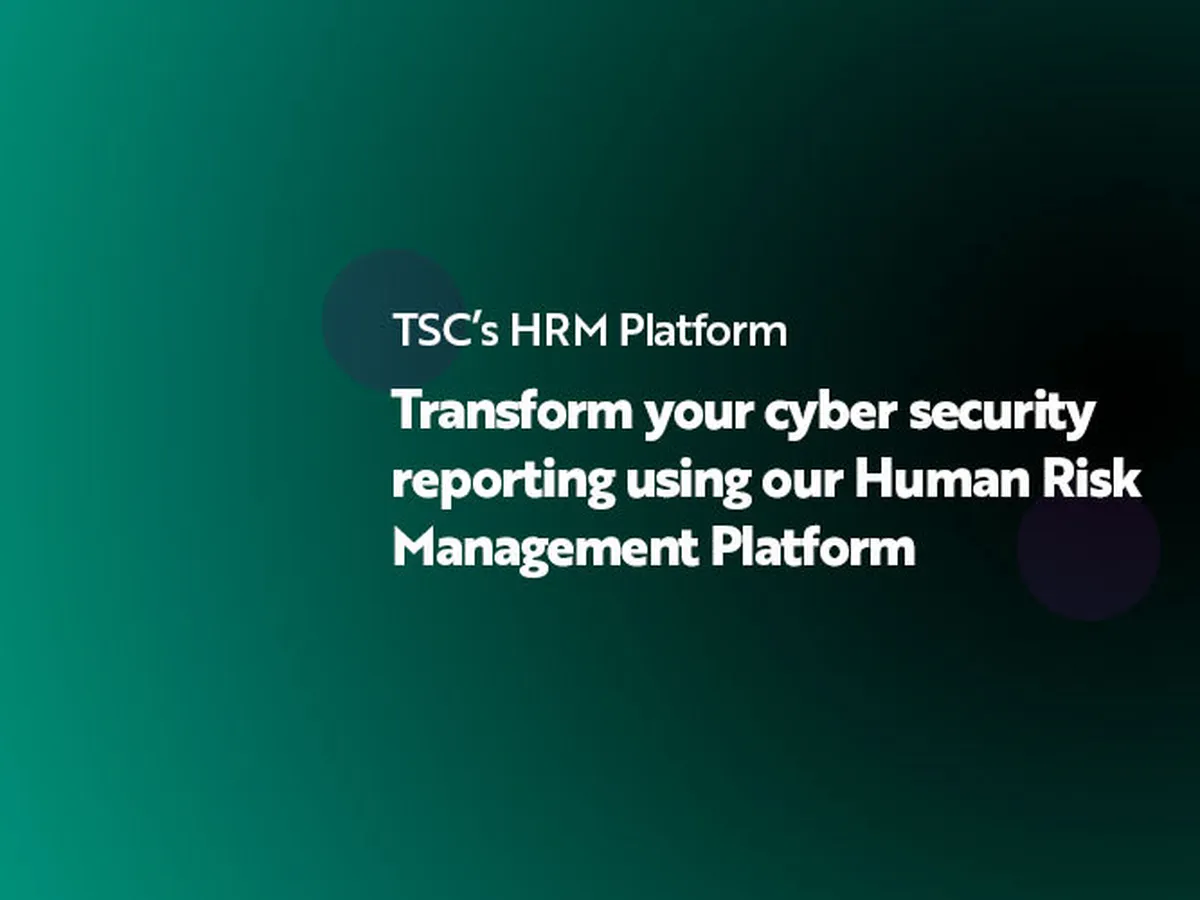
- Ransomware
- 8 min read

Building a strong cyber security culture is crucial for organisations – especially as cyber-attacks elevate in sophistication and personal targeting methods proliferate in the wake of global viral and financial breakdown.
With cyber-attacks targeting businesses increasing, it is essential for CISOs, security leaders, and employees to prioritise cyber security awareness and training – you cannot fall for sticky-plaster solutions that purport to be the only plug for your security holes as human error has a way of bypassing physical and digital checkpoints.
This article explores effective strategies and practices that can be employed to enhance cyber security culture within your organisation, empowering employees to become proactive defenders against cyber threats.
Consistently resilient cyber security levels require consistent work on your cyber security culture.
The foundation of a robust cyber security culture lies in educating employees about the evolving cyber threat landscape and their role in safeguarding organisational data against common cyber risks. Regular training sessions, workshops, and passwords should be conducted to disseminate knowledge about best practices, common attack vectors, and the importance of strong passwords, data protection, and phishing awareness. However, you should also understand that your employees and departments will all learn and retain information differently. It is, therefore, paramount to understand how different demographics learn and what communication channels are best effective for them. Working with an experienced cyber security training and awareness partner who supports organisations of all sizes and industry, such as TSC, can remove the stress and headache from campaign creation. By fostering a learning environment, organisations can empower employees to recognise and respond effectively to potential threats, mitigating risks to a great extent.
Establishing a well-defined and comprehensive security policy is instrumental in creating a cyber security-conscious work environment … and this should be. The policy should outline clear guidelines regarding data protection, accessing workstations, usage of business and personal devices, and incident reporting protocols. It is crucial to regularly review and update the policy to align with evolving threats, industry standards and new regulations. By making the policy easily accessible to all employees and ensuring their understanding through training and regular reminders, organisations can cultivate a culture of compliance and accountability.
Fostering an environment where employees feel comfortable reporting potential security incidents or suspicious activities is pivotal. Most successful cyber-attacks can be traced back to an employee either unwittingly ignoring signals or naively believing that no cyber-attack has occurred. We must snuff this mentality out. Establishing clear channels for reporting, such as a dedicated email address or an anonymous reporting mechanism, can encourage individuals to come forward without fear of retribution. By prioritising incident response and creating a supportive reporting culture, organisations can detect and address security incidents early, minimising their impact.
Cyber security threats and risks necessitate continuous learning and skill development for all employees – no matter the seniority. Organisations can facilitate this through ongoing training programs, certifications, and workshops that keep employees up to date with emerging threats, industry best practices, and new technologies. Use leaflets, email infographics, physical murals, and top tip leaflets to keep knowledge refreshed and employees aware. Encouraging employees to pursue professional development opportunities and allocating resources for cyber security training not only enhances individual knowledge but also strengthens the overall security culture within the organisation. Frame knowledge development as beneficial to the individual employee’s life both professionally and personally in order to maximise engagement; employees will want to improve their skills before they do mandatory training. It’s all about how you frame it.
Leaders, particularly CISOs and C-suite executives, play a pivotal role in setting the tone for cyber security culture. By demonstrating a commitment to security best practices, actively participating in training programs, and promoting cyber security awareness, leaders can inspire employees to follow suit. Human beings learn and adopt behaviours they see as important if more qualified and experienced individuals exhibit them first. Additionally, identifying and recognising security champions within the organisation can help establish role models who exemplify exemplary security practices and encourage others to adopt similar behaviours. We are competitive creatures and if there’s something tangible to win and work towards, we will endeavour to do so.
Building a robust cyber security culture is a collective effort and it can always be adjusted, developed, and improved. By focusing on tailored employee education, implementing strong security policies that are regularly updated, encouraging reporting, encouraging continuous learning, and leading by example, organisations can foster a security-conscious work environment.
If you would like more information about how The Security Company can help you to create a cyber security training and awareness program or how we can run a behavioural survey to pinpoint lax behaviours and suggest ways to improve ... please contact our Head of Business Development and Sales, Jenny Mandley.
The Security Company's vast library of customised and non-customised products and services are tailored for small, medium and large organisations and are available in a variety of languages. We also offer bespoke solutions for organisations that desire training and awareness materials built from the ground up.



© The Security Company (International) Limited 2025
Office One, 1 Coldbath Square, London, EC1R 5HL, UK
Company registration No: 3703393
VAT No: 385 8337 51


